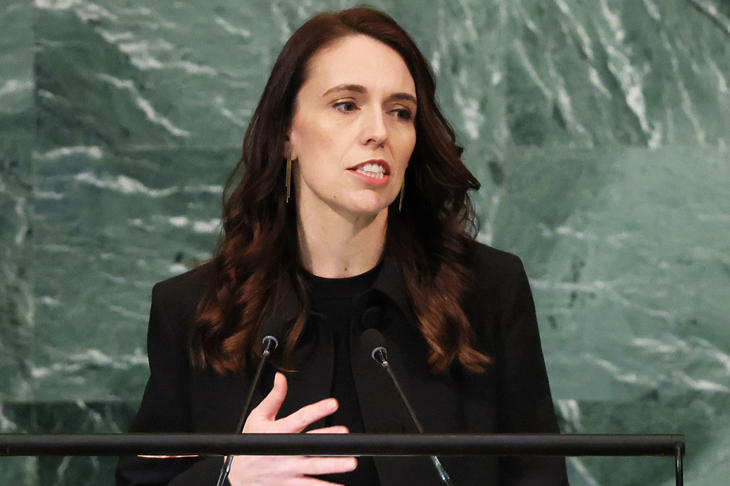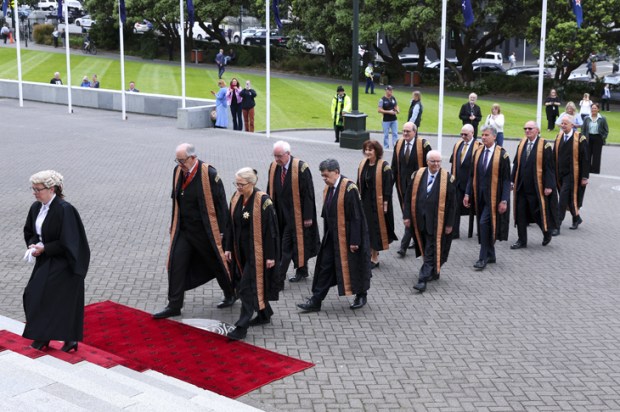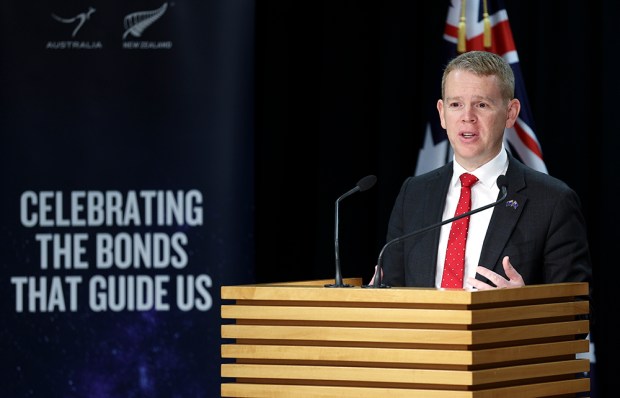My wife and I moved from pre-handover Hong Kong to Dunedin, New Zealand, back on Remembrance Day of 1993. I had got a job at the Otago law school. We stayed eleven years before moving to Brisbane. It was a wonderful place to live and to work – no overbearing university bureaucracy, a law school that made important decisions for itself (which never once has happened in my entire time in Australia), no insane one-size-fits-all, top-down uni ethos, and a broad range of viewpoints and political perspectives on campus.
Already a subscriber? Log in
Subscribe for just $2 a week
Try a month of The Spectator Australia absolutely free and without commitment. Not only that but – if you choose to continue – you’ll pay just $2 a week for your first year.
- Unlimited access to spectator.com.au and app
- The weekly edition on the Spectator Australia app
- Spectator podcasts and newsletters
- Full access to spectator.co.uk
Unlock this article
You might disagree with half of it, but you’ll enjoy reading all of it. Try your first month for free, then just $2 a week for the remainder of your first year.














Comments
Don't miss out
Join the conversation with other Spectator Australia readers. Subscribe to leave a comment.
SUBSCRIBEAlready a subscriber? Log in